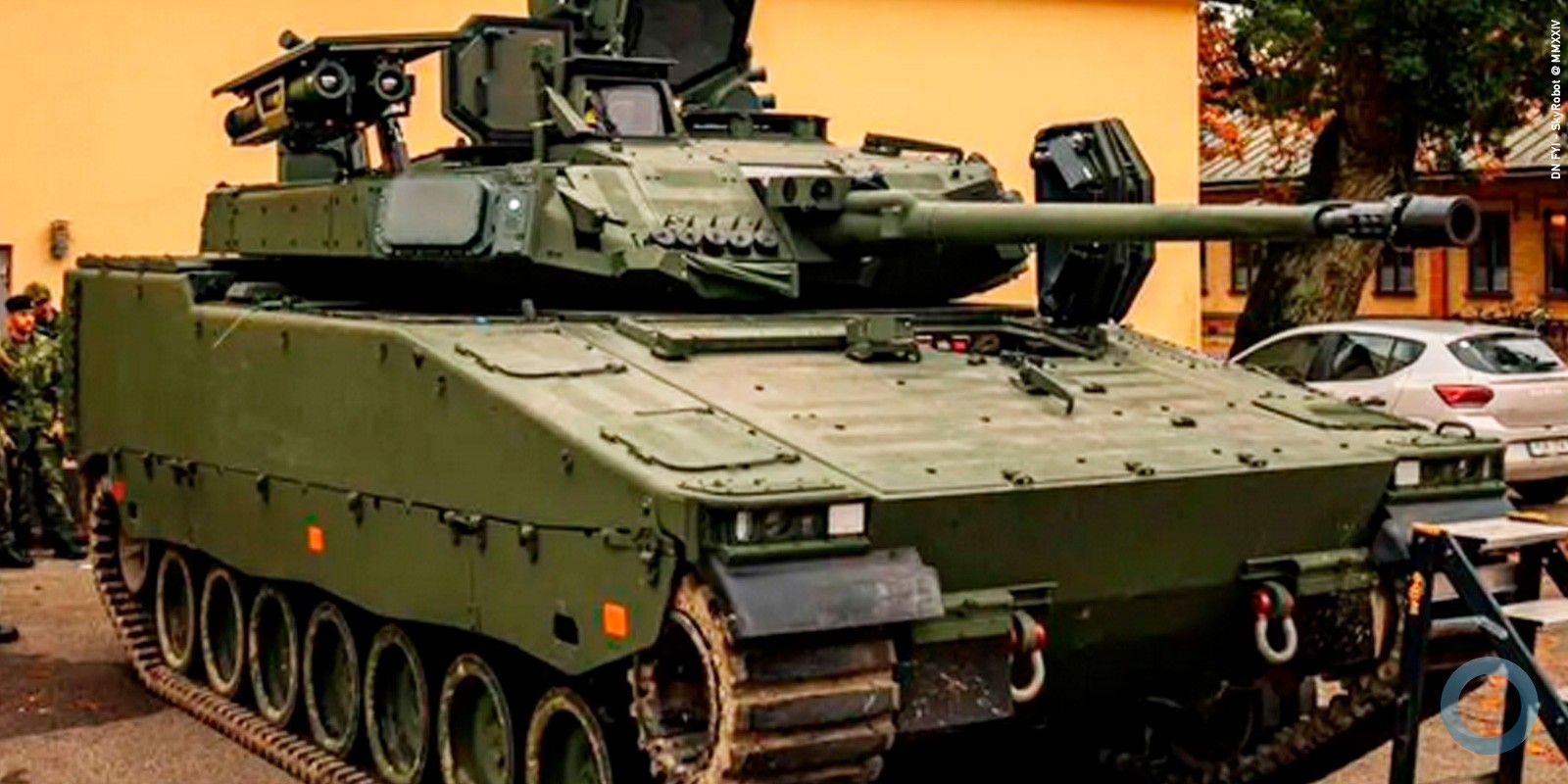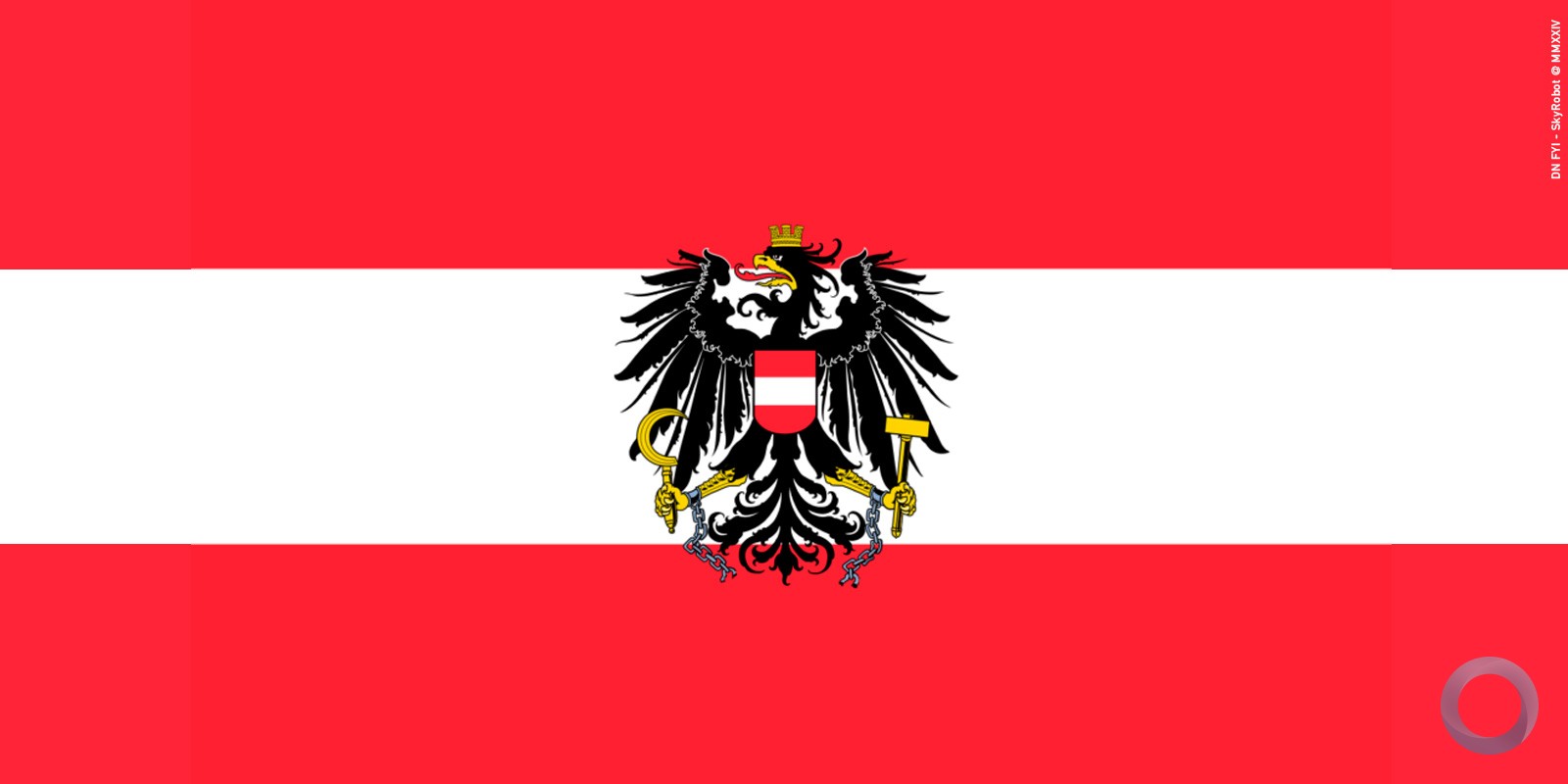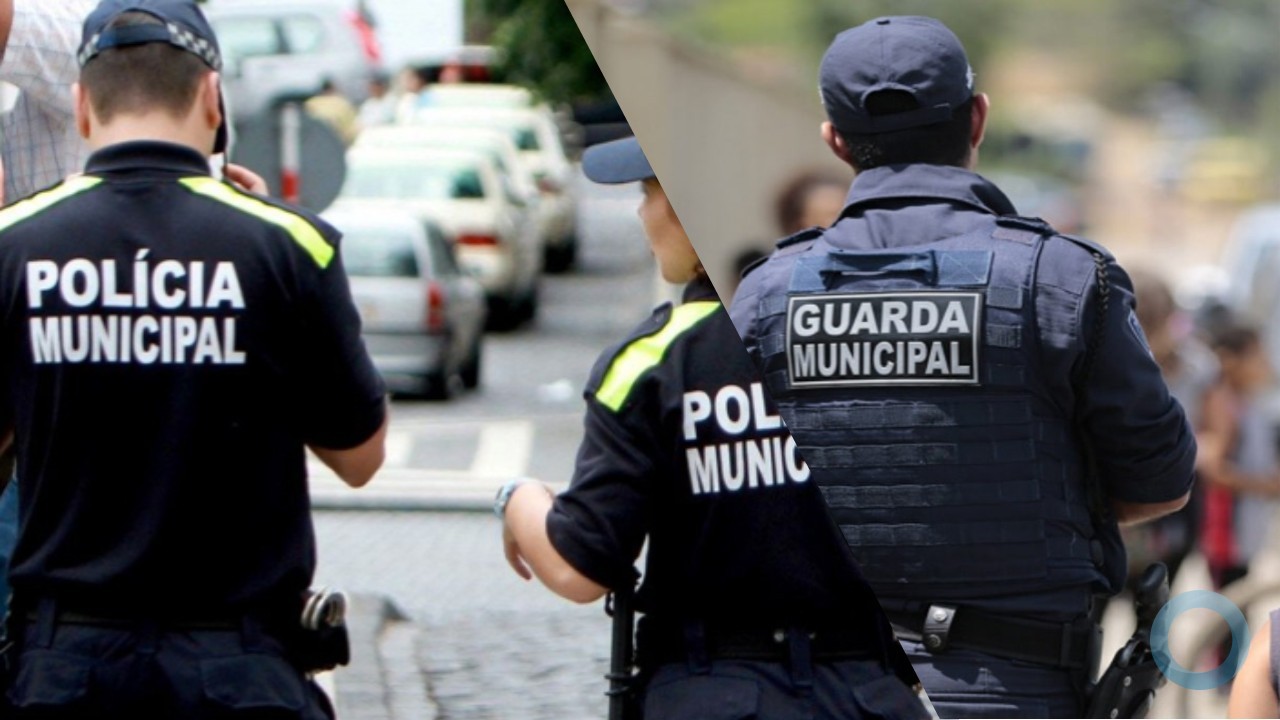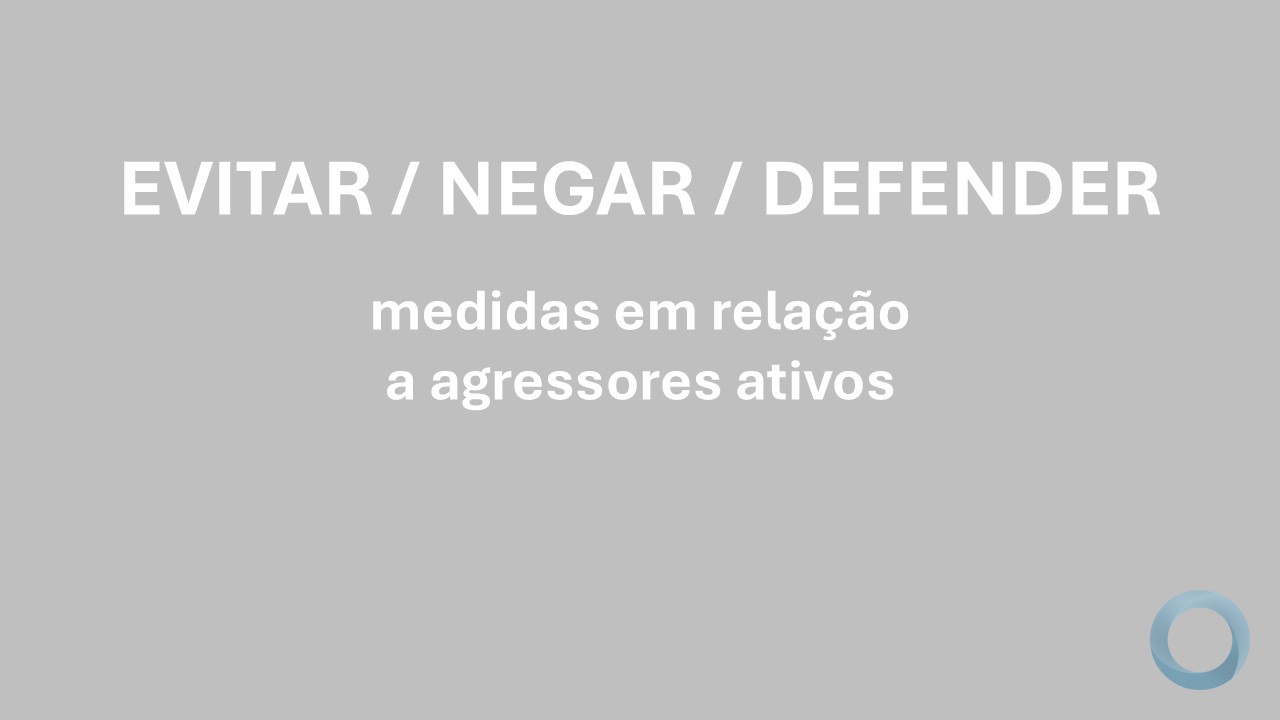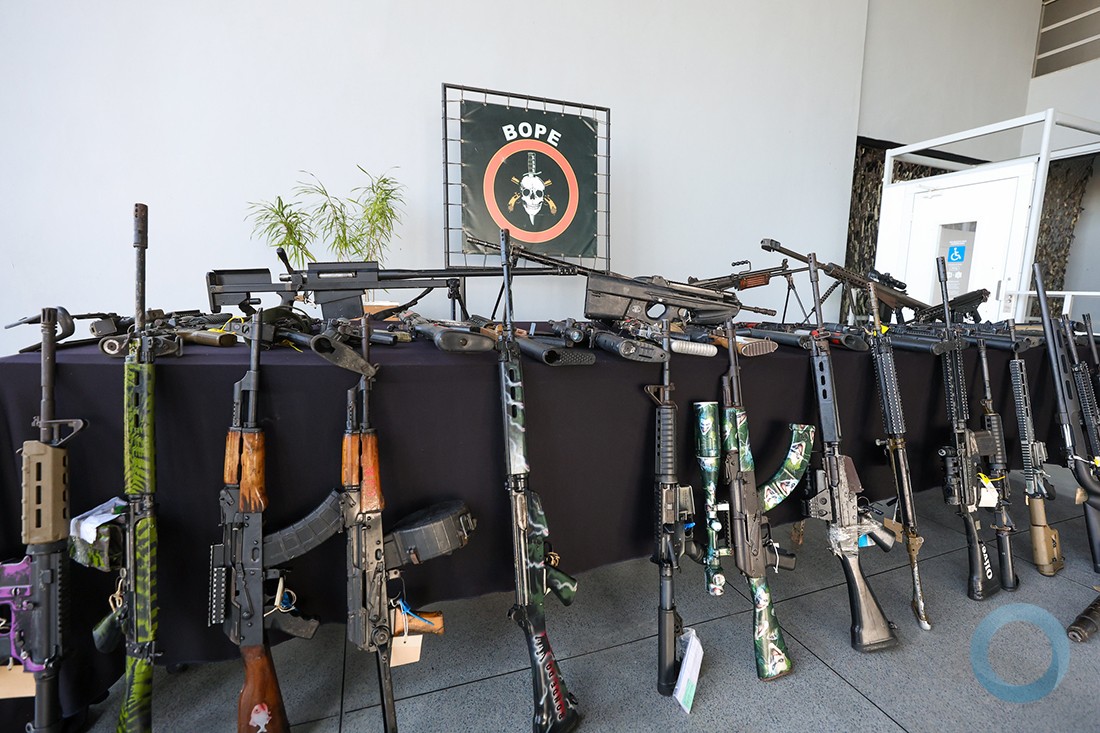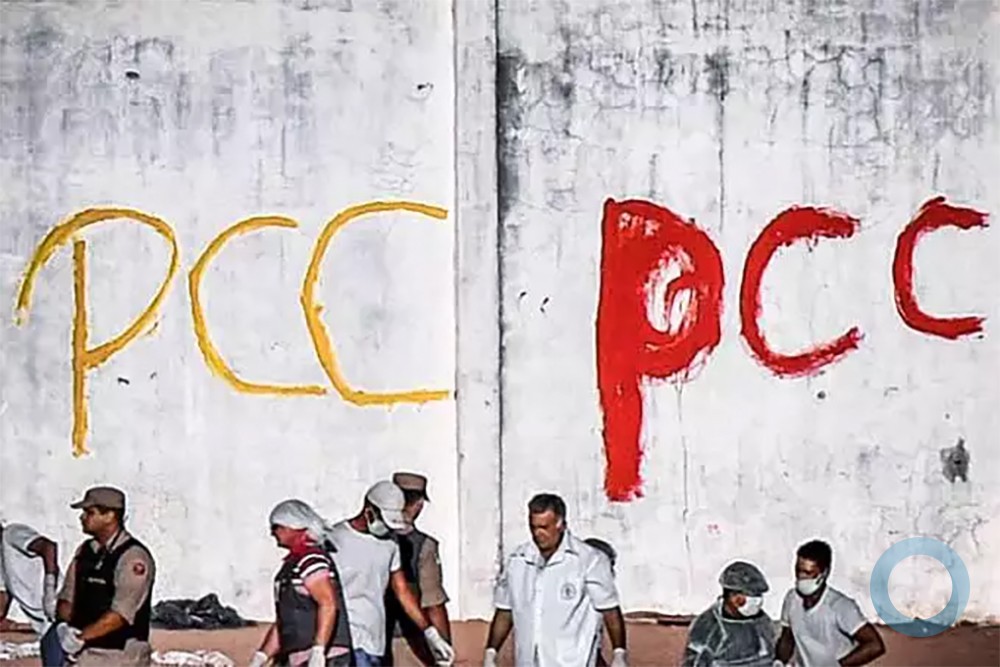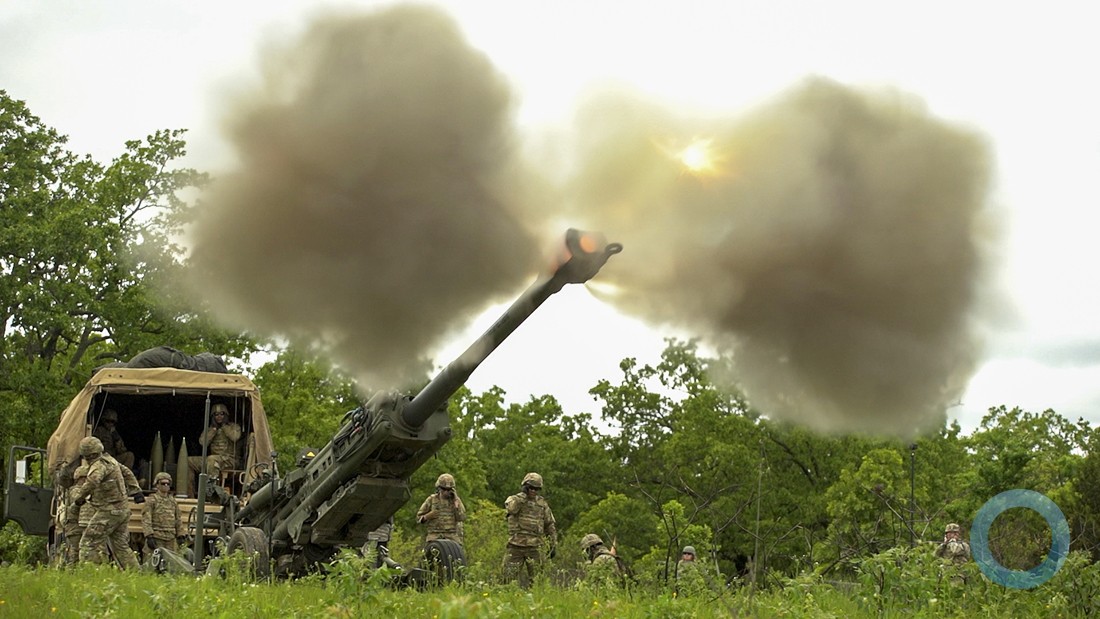A new wave of destabilization is coming to Ukraine from Russia, according to Ruslan Demchenko, First Deputy Secretary of the National Security and Defense Council of Ukraine.
He wrote this in an article for Ukrinform.
"A new wave of destabilization is approaching Ukraine, or to be more precise, externally provoked internal turbulence in all spheres," Demchenko said.
According to him, this will include several areas of destabilization, the first of them being the energy crisis in all its components.
"Russia is already gradually curbing Ukraine's gas transit potential, narrowing the possibility of reverse gas supplies to Ukraine and blocking the country's access to alternative sources of fuel. Since November, Moscow has been hindering thermal coal exports to Ukraine and, under trumped-up pretexts, also blocking coal supplies from Kazakhstan (by failing to provide the required rail cars or dismantling trains, etc.). The Kremlin has allowed electricity supplies from Belarus, albeit in small volumes, and at the most critical moment they could orchestrate blackouts and scattered power outages," Demchenko said.
Russiawill also provoke anti-vaccination protests. Russian intelligence services are already trying to undermine trust in vaccination through social networks, Russian-controlled media, and agents of influence. The efforts undertaken by the Ukrainian authorities in the fight against the pandemic are described as an attack on human rights, calling for masses to demand restriction lifts through protest, Demchenko said.
According to him, the destabilization involves large-scale discrediting of the Ukrainian government on various charges: falling under the total control of the West, involvement in corruption and even belonging to the agent network of the Russian secret services.
Right-wing radical forces will incite an active struggle against "internal occupation," Demchenko said.
"This envisages mass speculation on current internal issues, positioning them as a result of the Ukrainian government's incompetence and neglect of national interests, as well as fueling hysteria around the allegedly inevitable coup d'etat that may hit Ukraine in the first half of 2022'," Demchenko said.
At the same time, he stressed, the pressure will also be used using military force.
"Real involvement of the armed forces of the Russian Federation is most likely possible only after a general picture of total destabilization and fragmentation of Ukraine is launched. On the other hand, constant military maneuvers near Ukraine's borders and the threat of offensive operations are gradually becoming a tool of maintaining a permanent atmosphere of nervousness in Ukraine," Demchenko said.
Russiawill manipulate the security situation on the line of contact. By exercising effective control of the "1st and 2nd army corps," the Russian side has a whole arsenal of mechanisms to also control the level of escalation. At the same time, Russia has been artificially fueling the conflict in eastern Ukraine by supplying weapons, financing the occupation administrations, and exercising direct control over them, Demchenko said.
Russiawill play the card of naturalized Russian citizens in the temporarily occupied territories as mass "voluntary-forced" issue of Russian passports to locals is underway there in breach of Russia's international obligations.
"Thus, the background is being formed to destabilize the southern and eastern regions of Ukraine, the peak of which as Russian 'strategists' suggest may be seen in November-December 2021 (amid the convergence of energy, pandemic-related, and socio-political factors, as well as the temptation to provoke 'gas collapse' in the EU to speed up the Nord Stream 2 certification process), or in February-April 2022 (a more likely option, when Ukrainians may reach a 'boiling point' under the influence of a range of Russia's hybrid actions)," Demchenko said.

















